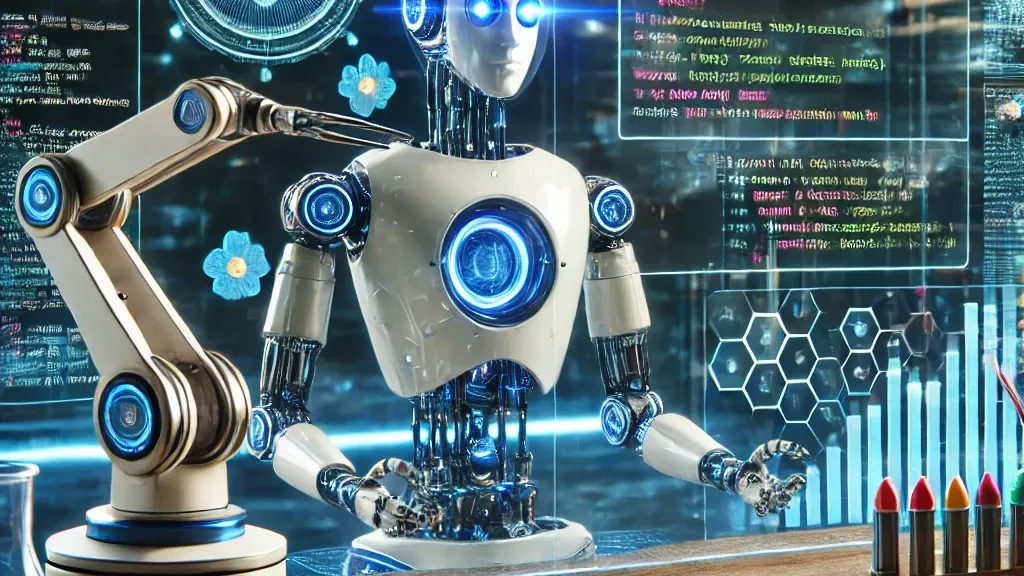In recent years, the integration of AI QA in microservices architecture has revolutionized the way software development teams ensure quality and efficiency. Microservices, known for their modularity and agility, have become a preferred approach for building and maintaining applications. With the advent of Artificial Intelligence (AI), Quality Assurance (QA) in microservices architecture takes a significant leap forward. Let’s delve into this transformative technology.
The primary keyword, AI QA in microservices architecture, refers to the use of AI in enhancing the QA processes within a microservices framework. This innovative approach addresses challenges faced in traditional systems, providing a seamless and efficient software development lifecycle.

Understanding Microservices Architecture
The main advantage of microservices architecture lies in its decomposition of the application into smaller, independent services. Each service is responsible for a specific functionality, enabling greater flexibility and scalability. However, this also brings complexities, particularly in testing these independent components cohesively.
Role of AI in Quality Assurance
Artificial Intelligence plays a pivotal role in enhancing QA processes by automating repetitive tasks, predicting potential issues, and improving testing accuracy. AI-driven QA tools help in reducing human errors and ensuring timely delivery of high-quality software.
Benefits of AI in QA
- Improved Test Coverage
- Faster Test Execution
- Advanced Predictive Analytics
- Reduced Manual Effort
Implementation of AI QA in Microservices
Implementing AI QA in microservices architecture involves integrating AI-powered tools that collaborate with DevOps practices. This integration emphasizes continuous testing and feedback, making the software development process more agile.
Challenges and Solutions
Despite the benefits, there are challenges such as handling massive data volumes and ensuring interoperability between services. AI can tackle these issues by effectively managing data and ensuring systems work harmoniously.
Future of AI QA in Microservices
The future of AI QA in microservices architecture looks promising. Advances in AI technologies are expected to optimize QA strategies, drive innovation, and further streamline processes.
Impact on Software Development
As AI continues to evolve, it will lead to a greater emphasis on smart QA approaches, transforming how organizations develop, test, and maintain applications.
Real-World Applications
Organizations that have adopted AI QA in microservices architecture report improved software quality and reduced release cycles. Companies exploring this technology can expect similar benefits.
Case Studies
Several industry leaders have successfully integrated AI-driven QA in their microservices environments, achieving impressive results and setting benchmarks for others to follow.
Conclusion
In conclusion, the integration of AI QA in microservices architecture offers substantial advantages by automating and enhancing the QA process. As technology advances, its adoption is set to become a standard practice in software development, leading to higher efficiency and improved product quality.
For more insights, you can explore how AI Testing is shaping the software industry in various domains.

FAQs
What is AI QA?
AI QA refers to the use of artificial intelligence to improve and automate quality assurance processes in software development.
How does microservices architecture benefit from AI?
AI enhances microservices architecture by automating testing processes, predicting potential failures, and managing complex interactions between services more efficiently.
Is AI-driven QA cost-effective?
Yes, AI-driven QA can be cost-effective by reducing manual testing efforts, speeding up test cycles, and increasing test accuracy, ultimately leading to faster product releases.
AI-SchedulingAI-Code ReviewAI-Defect TriageSmart QAQA Metrics
This article contains affiliate links. We may earn a commission at no extra cost to you.

